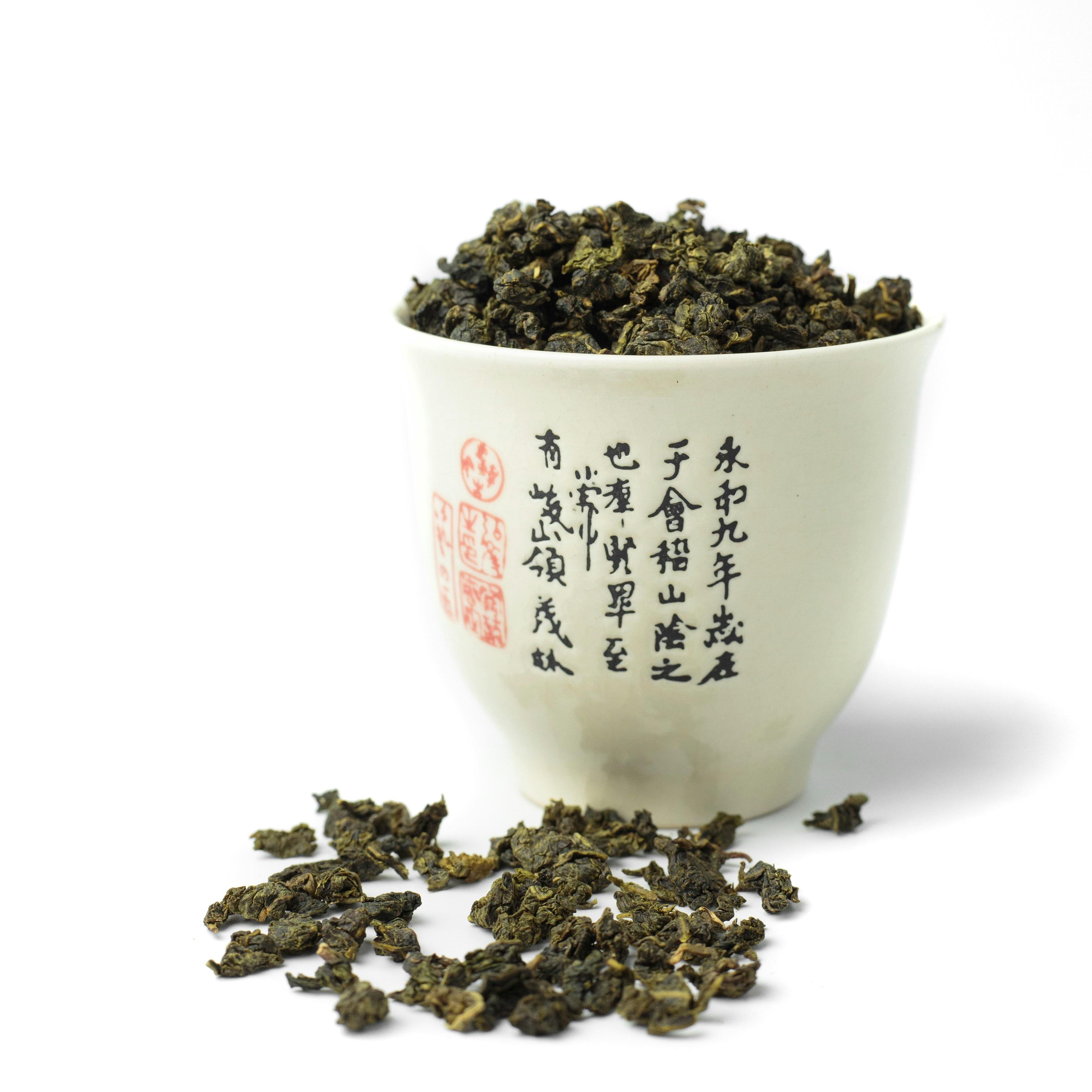In the quest for effective weight loss solutions, the world of beverages often finds itself under the spotlight, with green tea emerging as a perennial favorite. Revered for its rich history and hailed for its myriad health benefits, green tea is often touted as a natural ally in the battle against unwanted pounds. But does it truly hold the key to weight loss, or is it merely another myth steeped in tradition? As we delve into the verdant depths of this ancient brew, we aim to uncover the truths and dispel the myths surrounding its role in weight management. Join us on this exploration of green tea’s potential as we sift through scientific studies, expert opinions, and anecdotal evidence to determine if this emerald elixir is indeed the weight loss wonder it is often claimed to be.
The Science Behind Green Teas Fat-Burning Potential
At the heart of green tea’s allure in weight management lies its rich concentration of catechins, particularly epigallocatechin gallate (EGCG). These powerful antioxidants are believed to enhance metabolic rate and increase the oxidation of fat. When consumed regularly, they can potentially lead to a more efficient energy expenditure, which is crucial for burning calories. But the magic doesn’t stop there; green tea also contains caffeine, which is known to stimulate the nervous system, releasing fat into the bloodstream to be used as fuel.
- Increased Metabolic Rate: Studies suggest that the catechins and caffeine in green tea can boost metabolic rate, helping the body burn more calories even at rest.
- Fat Oxidation: The combination of catechins and caffeine may enhance fat oxidation, particularly during exercise.
- Appetite Regulation: While more research is needed, some evidence indicates that green tea might play a role in appetite suppression, aiding in overall calorie reduction.
Despite these promising mechanisms, it’s important to remember that green tea is not a miracle solution for weight loss. Its effects are often subtle and best complemented by a balanced diet and regular physical activity.

Exploring the Role of Antioxidants in Metabolism Boost
When it comes to enhancing metabolic rates, antioxidants play a pivotal role, and green tea is often at the forefront of this conversation. Known for its rich antioxidant content, particularly catechins, green tea has been suggested to boost metabolism and aid in weight loss. Catechins, especially epigallocatechin gallate (EGCG), are believed to enhance the body’s ability to burn fat by increasing thermogenesis and fat oxidation.
- Thermogenesis: This is the process of heat production in organisms. Green tea’s catechins may help stimulate this process, thereby increasing calorie expenditure.
- Fat Oxidation: Antioxidants in green tea can improve the body’s ability to break down fat, which can be utilized as energy during physical activity.
- Insulin Sensitivity: Some studies suggest that green tea antioxidants may improve insulin sensitivity, which is crucial for maintaining healthy blood sugar levels and potentially reducing fat storage.
While the idea of sipping your way to a slimmer figure with green tea is enticing, it’s essential to remember that these effects can vary based on individual metabolism and lifestyle. Including green tea as part of a balanced diet and active lifestyle might offer some metabolic benefits, but it’s not a magic bullet for weight loss.

Incorporating Green Tea into Your Daily Routine for Optimal Results
To harness the potential benefits of green tea, consider weaving it seamlessly into your everyday life. Start your morning with a refreshing cup to awaken your senses and set a calming tone for the day. If you prefer variety, try incorporating green tea into smoothies or oatmeal for a nutrient-rich breakfast. Throughout the day, opt for a mid-afternoon green tea break to rejuvenate and maintain focus, providing a gentle energy lift without the jittery effects of coffee.
- Morning Ritual: Brew a cup of green tea to kickstart your metabolism and replace your regular coffee or sugary drinks.
- Post-Workout Refuel: Enjoy a chilled green tea as a hydrating alternative to sugary sports drinks.
- Evening Relaxation: Wind down with a decaffeinated green tea, which can soothe your senses and aid in digestion.
Incorporating green tea into meals is another creative avenue. Use it as a base for soups or as a marinade for proteins, infusing dishes with a subtle, earthy flavor. With a plethora of possibilities, the key is consistency and finding the methods that best suit your lifestyle and taste preferences.

Balancing Green Tea Consumption with a Healthy Lifestyle
Incorporating green tea into your daily routine can be a delightful way to support your health goals, but it’s important to harmonize its consumption with a balanced lifestyle. While green tea is known for its potential to boost metabolism and promote fat oxidation, it should not be viewed as a standalone solution for weight loss. Instead, consider it a complementary component of a holistic approach to wellness.
- Mindful Eating: Pair your green tea habit with a diet rich in whole foods. Focus on a colorful array of fruits, vegetables, lean proteins, and whole grains to ensure your body receives the nutrients it needs.
- Regular Exercise: Engage in physical activities that you enjoy, whether it’s yoga, running, or a simple walk in the park. This not only enhances the effects of green tea but also contributes to overall health.
- Hydration: While green tea is hydrating, remember to drink plenty of water throughout the day. Staying hydrated is crucial for optimal bodily functions and can aid in weight management.
By integrating these practices, you can enjoy the potential benefits of green tea while nurturing a sustainable and healthy lifestyle. Remember, the key is balance and consistency, allowing your body to thrive in a natural and supportive way.
To Wrap It Up
In the intricate dance between wellness trends and scientific inquiry, green tea occupies a fascinating niche. Its journey from ancient remedy to modern-day health staple is as steeped in tradition as it is in research. While the evidence suggests that green tea may offer some benefits for weight management, it is by no means a miracle solution. Instead, it serves as a gentle companion on the broader path of a balanced lifestyle, complementing a diet rich in nutrients and a routine of regular physical activity. As we sip on this storied brew, perhaps the true value lies not just in its potential to aid weight loss, but in its ability to remind us of the simple joys of mindful living. So, whether you are drawn to green tea for its reputed health benefits or simply for its comforting embrace, let it be a reminder that the journey to wellness is as much about savoring the moment as it is about achieving goals.


































